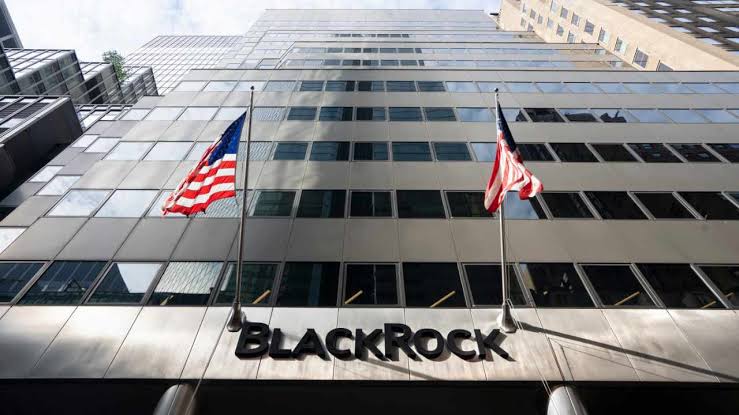BlackRock recently submitted an application to the Securities and Exchange Commission for a Bitcoin ETF.
While some may assume that this ETF will resemble the Grayscale Bitcoin Trust (GBTC), there are notable distinctions between the two products.
BlackRock’s iShares Trust Vs. GBTC
BlackRock’s iShares product, technically classified as a trust, offers redemptions similar to an ETF, unlike GBTC.
Noelle Acheson clarifies that the market may mistakenly associate “trust” with GBTC’s lack of redemption options, but this is not true for BlackRock’s offering.

The key disparity between a BTC ETF and a trust lies in the ETF’s ability to purchase bitcoin at the end of the trading day to align the fund’s assets with its trading price.
On the other hand, a trust operates with a fixed portfolio and lacks the flexibility to adjust its holdings.
Consequently, trusts often trade at varying premiums or discounts compared to the value of their underlying assets.
Grayscale’s Argument And SEC’s Response
The company initiated legal action after the SEC denied the conversion.
This lawsuit is unfolding in a Washington DC court, and a final verdict is anticipated later this year.
Grayscale has presented its argument, contending that both spot and futures ETFs entail comparable risks regarding the price of BTC.
In response, the SEC has stated that its disapproval of Grayscale’s spot ETF was justifiable, adequately explained, substantiated by evidence, and following the provisions outlined in the Exchange Act.
BlackRock’s Spot Bitcoin FundBlackRock has unveiled its approach to pricing its spot Bitcoin fund, which will rely on the CF CME Bitcoin Reference Rate.
This rate is derived from the aggregated notional value of Bitcoin trading across major spot exchanges.
By implementing this method, the investment firm aims to address some of the concerns raised by the SEC.
To safeguard the iShares Bitcoin Trust, BlackRock has selected Coinbase Custody as its custodian.
The trust will be listed on the Nasdaq exchange, offering investors an accessible entry point into the Bitcoin market.
It is worth highlighting that BlackRock, the world’s largest money manager with $9.1 trillion of assets under management as of the first quarter of this year, carries substantial weight in the financial industry.
This influential position suggests that the SEC is unlikely to dismiss BlackRock’s application easily.
As crypto market analyst Joe Consorti remarked in a recent tweet, “Given their reputation, this has the highest likelihood of happening out of all the attempts at a spot ETF so far.”








